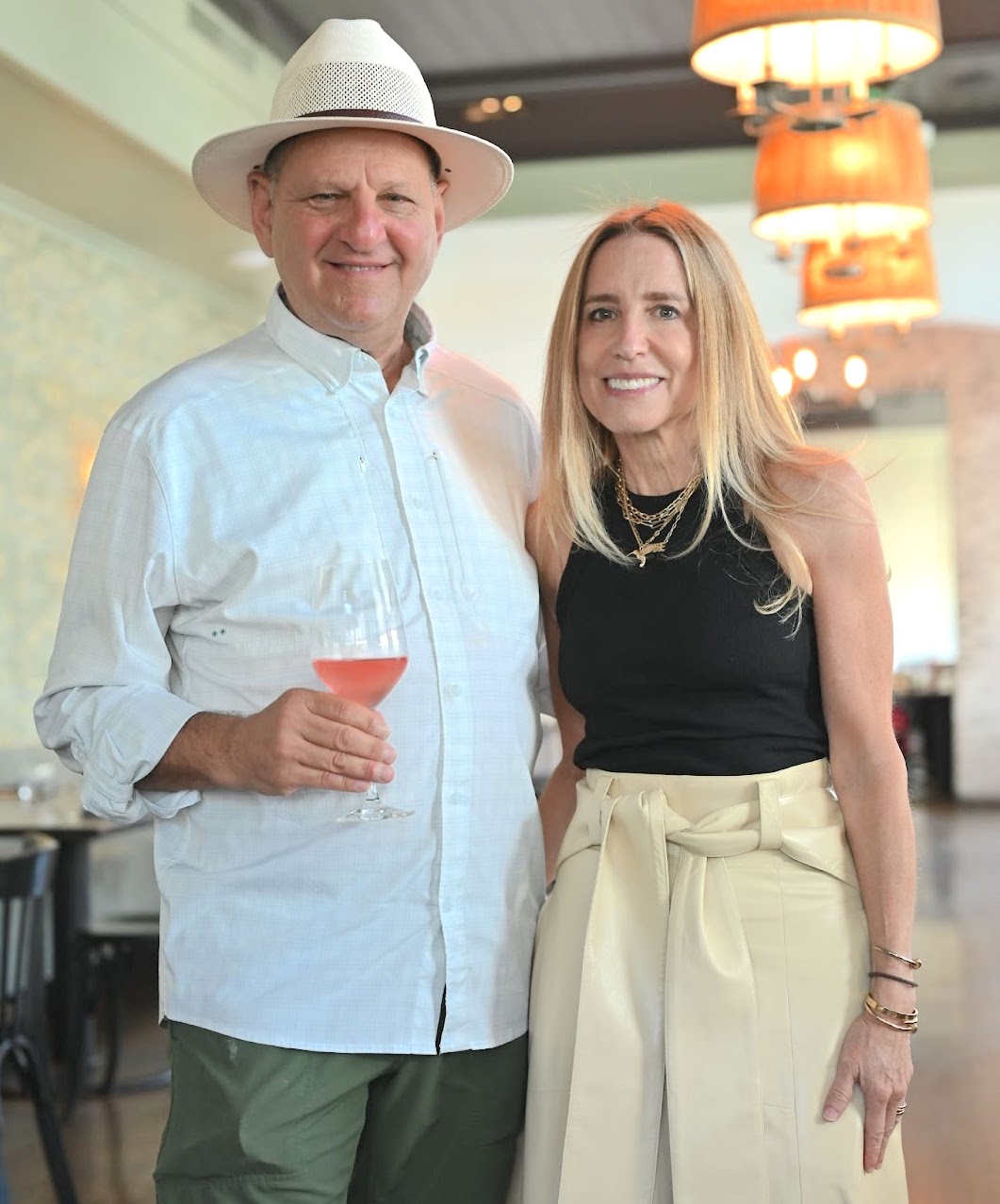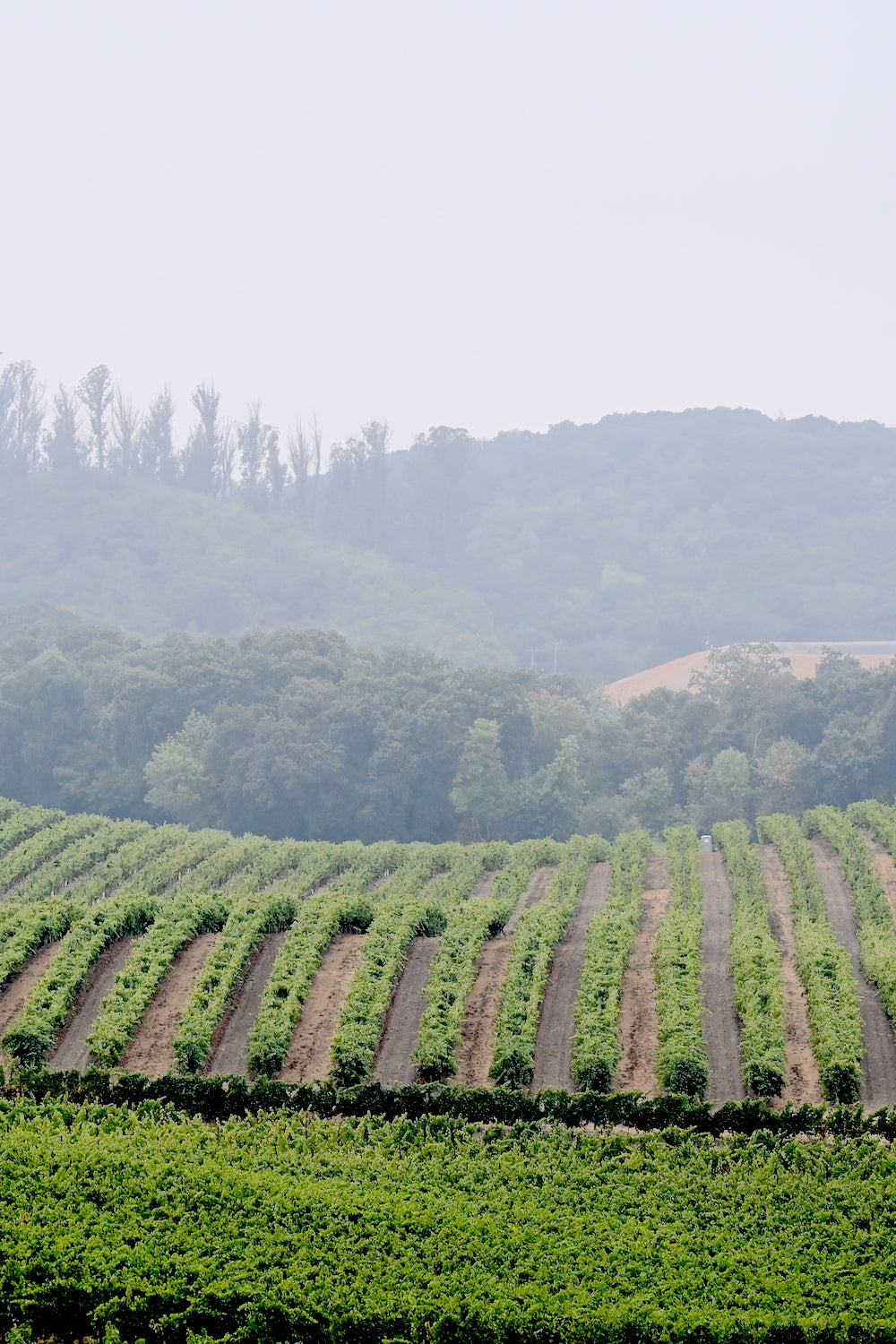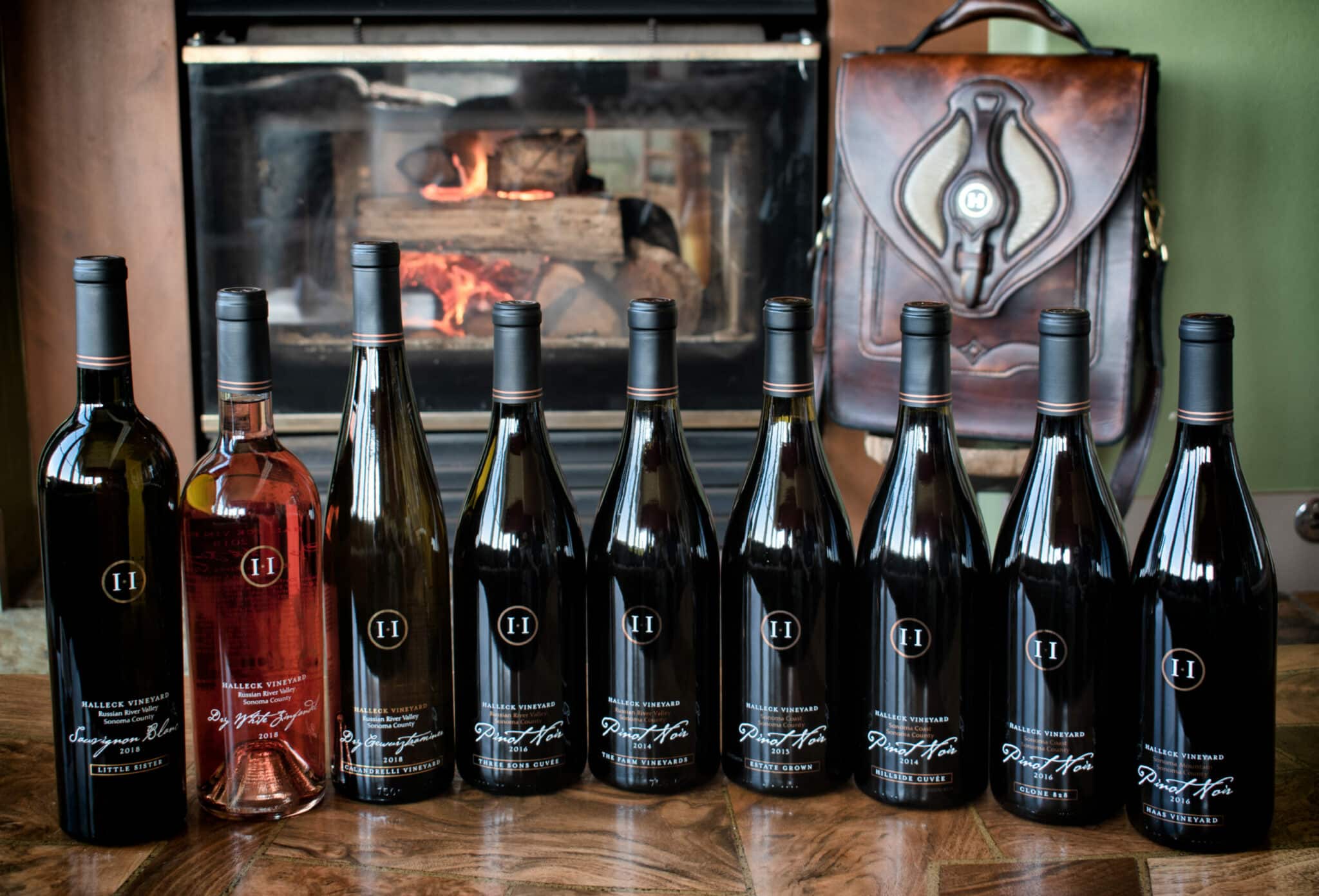Wineries Showcasing Local Art And Crafts - Enjoying Wine In Sebastopol
Wineries Showcasing Local Art And Crafts - Enjoying Wine In Sebastopol
Blog Article
Wineries Showcasing Local Art And Crafts - Wineries In The Sebastopol Region
Wine tasting is often considered an art kind, one which goes beyond merely having fun with a beverage. It embraces a fancy interplay of flavors, aromas, and textures that requires dedicated practice to truly grasp. Many who venture into the world of wine tasting shortly notice that it includes rather more than simply sipping wine. Improving sensory skills via dedicated winery wine tasting can elevate the experience, reworking a casual consuming occasion into a classy exploration of the senses.
At a fundamental degree, wine tasting engages the senses of sight, odor, taste, touch, and even sound. Each component plays a vital position in appreciating the nuances of a wine. When one first pours a glass of wine, the rich hues can provide preliminary insights into its age and varietal. Observing the colour and readability helps type expectations about the wine's flavor profile. Many don’t fully respect how this visible evaluation can set the stage for what's to comply with.
The next step is to have interaction the sense of smell. Swirling the glass aerates the wine, permitting its risky compounds to escape and fill the air with its bouquet. The nostril entails some fascinating layers—different aromas can sign numerous elements of the winemaking process, together with the type of grapes used, fermentation strategies, and aging situations. Growing a keen sense of odor can be a game-changer in wine tasting.
Sonoma's Top Sparkling Wine Producers - Enjoying A Vineyard In Sonoma
To enhance this sensory skill, wine enthusiasts are sometimes encouraged to participate in dedicated tastings at wineries. These tastings enable people to focus solely on the sensory experience (Wineries Known For Their Hospitality). Tasting periods led by knowledgeable sommeliers or winemakers can supply insights into identifying distinct aromas. Learning to differentiate between floral, fruity, earthy, and spicy notes can empower a taster to articulate their experience with larger precision.
As one practices their sensory skills, they could uncover that their taste preferences evolve. This transformation typically occurs after multiple tastings. A wine that originally appeared overwhelming may reveal hidden layers of complexity with a little bit of experience. Understanding tips on how to isolate individual flavors corresponding to acidity, sweetness, bitterness, and umami contributes considerably to the general wine experience.
One Other essential element in bettering sensory skills is the context in which wine is tasted. Environmental factors like temperature, lighting, and even the company present can influence perceptions. At a winery, an optimal setting can cut back distractions and enable a more profound exploration of the wine (Spectacular Vineyard Views In Sonoma). Working Towards mindful tasting techniques encourages a more immersive experience, permitting tasters to hone in on their senses.
It isn't solely about particular person perception, though. Partaking with others during a tasting can even enhance sensory skills. Sharing notes and discussing impressions fosters a deeper understanding of the wine. This collaborative approach encourages individuals to articulate their sensory experiences, thereby broadening their linguistic repertoire associated to wine tasting.
Wineries Perfect For A Relaxing Afternoon - Sebastopol Area Wine Tasting
Additionally, pairing wine with food can considerably enhance the tasting experience. Different combinations can bring out unique flavors in each the wine and the dish. As one tastes a wine alongside specific meals, they'll begin to acknowledge how sure components within the wine complement or contrast with what they're eating. This skill of pairing is another layer that enriches sensory improvement.
Coaching one’s palate can involve a wide selection of workout routines. Some enthusiasts engage in systematic tasting experiences, sampling a spread of wines that showcase completely different varietals, areas, or vintages. Exploring this range can sharpen the power to discern nuances across totally different wine profiles. Over time, this practice builds a mental library of flavors that could be accessed throughout future tastings.
Notably, written notes serve a twin objective: organizing one’s thoughts and reinforcing reminiscence. By writing down observations about every wine, tasters can monitor their official site progress over time. Detailing the traits of wines assists in solidifying knowledge, ultimately deepening one’s appreciation of what they consume.
Moreover, attending workshops or classes targeted on sensory evaluation may additionally be beneficial. Many wineries supply these educational applications to assist people refine their skills. Typically, skilled instructors guide individuals by way of structured tastings, specializing in particular elements of the wine. This level of education reinforces the sensory skills asynchronously and challenges tasters to consider their experiences from different angles.
Wineries Hosting Seasonal Events - Sonoma Vineyard Tours

Over time, the dedication to bettering sensory skills via dedicated winery wine tasting can yield vital rewards. The enjoyment derived from wine turns into layered and multifaceted. No longer restricted to a easy choice for "purple" or "white," tasters begin to appreciate the stories behind every pour. They domesticate a palette capable of navigating the advanced panorama of flavors with confidence.
In conclusion, the journey of enhancing sensory skills through dedicated winery wine tasting is as rewarding as it is pleasant. It requires focus, commitment, and a willingness to be taught, however the outcomes far exceed the initial effort. By participating a number of senses and collaborating in thoughtful discussions, people not only become more adept at figuring out flavors but in addition develop a deeper appreciation for the craftsmanship behind every bottle. The process transforms wine from a mere beverage into a wealthy tapestry of sensory exploration that beckons enthusiasts to delve deeper. As skills enhance, so too does the enjoyment, enriching life experiences one sip at a time.
Charming Wineries Offering Wine And Food Pairings - Enjoying Wine In Sebastopol
- Partaking the palate via numerous wine varieties enhances the power to differentiate flavors and aromas, refining total sensory notion.
- Collaborating in guided tastings promotes focused attention on delicate characteristics of each wine, nurturing critical tasting skills.
- Learning to determine specific grape varieties fosters a deeper understanding of terroir, which aids in recognizing regional flavor profiles.
- Incorporating food pairings throughout tastings can heighten sensory awareness, as completely different tastes can influence each other and alter perceptions.
- Practicing the art of swirling and nosing wines permits individuals to connect olfactory cues with style, enhancing the ability to articulate sensory experiences.
- Attending workshops that emphasize blind tastings trains members to rely purely on their senses rather than preconceived notions, enhancing objectivity.
- Elevating sensory skills can result in higher wine choice talents, empowering people to make knowledgeable choices based on personal preferences.
- Engaging with knowledgeable sommeliers provides insights into wine-making processes, which deepens sensory appreciation and enhances vocabulary for describing wines.
- Regular participation in tastings encourages reminiscence growth of flavors and aromas, aiding in the formation of a personalized sensory profile over time.
- Sharing tasting experiences with peers fosters discussion, promoting communal learning that may improve particular person sensory skills by way of collaboration.undefinedWhat is the aim of bettering sensory skills via wine tasting?

Bettering sensory skills via wine tasting allows people to reinforce their ability to identify and recognize the varied aromas, flavors, and textures of wine. This heightened sensory awareness can result in a deeper understanding of wine and an overall enriched tasting experience.
Unique Wine Blending Experiences In Sonoma - A Winery In The Sonoma Valley To Discover
How can I develop my sensory skills at a winery?
You can develop your sensory skills at a winery by collaborating in guided tasting periods that target particular varietals. Interact with knowledgeable employees who can provide insights and encourage you to take notes on your impressions, enhancing both your observational and descriptive abilities.
What ought to I count on throughout a devoted wine tasting experience?
Sonoma's Top Sparkling Wine Producers - Sonoma Wine Tasting Spots
Throughout a devoted wine tasting experience, count on to pattern a number of wines whereas receiving targeted education about each one. You'll learn concerning the winemaking process, tasting techniques, and tips on how to discern totally different sensory traits, all in a relaxed surroundings.

Is prior information of wine essential to benefit from a sensory skills workshop?
- Wine Tasting Experiences With Local Cheese
No prior data of wine is necessary; the workshops are designed for all ranges of experience. Novices will find useful information to build from, whereas seasoned tasters can refine Explore Sebastopol area vineyards. their skills and expand their palate even further.
How do sensory skills influence my total wine appreciation?
Wineries Providing Guided Vineyard Walks - Tasting Experiences In Sebastopol Vineyards
Improving sensory skills considerably enhances your general wine appreciation by allowing you to determine subtleties and complexities in wines. This deeper understanding enriches your tasting experience and helps you make informed alternatives based mostly on personal preferences.
Are there specific techniques I ought to use while tasting wine to enhance my sensory skills?
Family-Friendly Wineries Near Sebastopol - Wine Tasting And Vineyards In Sonoma
Sure, using techniques such because the "SWOT" technique (Sight, Swirl, Odor, Sip, Savor) could be beneficial. Pay attention to the wine's appearance, aromatics, and mouthfeel, and take your time with every sip to totally discover the flavors and sensations.
What kind of wines are usually included in sensory skills tastings?
Sometimes, sensory skills tastings include quite lots of wines that showcase completely different areas, varietals, and styles. This diversity helps members determine distinct characteristics and enhances their capacity to differentiate between wines.
Can sensory skills workshops be personalized to my tasting interests?
Wineries In Green Valley - Sonoma Vineyards To Explore
Many wineries supply personalized options for sensory skills workshops, allowing you to give attention to specific types of wines or themes that interest you, such as organic wines or distinctive regional choices. It Is greatest to inquire immediately with the winery for tailored experiences.
Is there a way to practice sensory skills after leaving the winery?
Yes, you can practice your sensory skills at home by tasting completely different wines and preserving a tasting journal. Experimenting with varied food pairings and aromatics can additional enhance your understanding of how flavors interact, reinforcing the skills gained on the winery. Report this page